Two weeks before Election Day, a somewhat strange group of Israelis gathered to celebrate in a rented hall at Tel Aviv’s Eretz Israel Museum. In attendance were scholars, advertising professionals, journalists and publishing industry editors. And politicians, many politicians. Former, future and aspiring politicians from both the right and the left.
[Related: 8 things to know about the election]
President Reuven Rivlin, Gideon Saar and former minister Moshe Arens of the Likud Party; Tzipi Livni of the Zionist Camp; Moshe Kahlon of the newly formed Kulanu Party; outgoing Minister Yair Shamir of the Israel Beiteinu Party; MK’s Shelly Yachimovich and Nachman Shai of the Labor Party; Yossi Beilin, former head of the leftist Meretz Party; Likud MK Yariv Levin; the list goes forever.
They were all there to celebrate the publication of a new book based on a doctoral thesis by Gil Samsonov. The book tells a story witnessed firsthand by Samsonov, who has played the roles of spokesman for former Prime Minister Yitzhak Shamir and adviser to Arens and Prime Minister Benjamin Netanyahu, about a particular generation of Israel’s founders and their offspring.
The founders described in the book are the members of the two right-wing underground organizations that preceded the State of Israel — Irgun and Lehi — and their supporters. These two groups rebelled against the cautious policies of the primary underground organization, Haganah, and against the dominance of the political establishment that governed pre-Israel Palestine’s Jewish community — which later morphed to become Israel’s Labor Party.
The revisionists’ opposition in the days of the British mandate in Palestine included both fighters and intellectuals. For many years thereafter, these revisionists had to contend with a hostile social-democratic government. They were discriminated against, singled out and mocked. History books did not recognize their contribution to the establishment of Israel. In official ceremonies, they were ignored. Their intellectuals were not awarded prizes. Streets were not named for their heroes. It is impossible to understand today’s Netanyahu and Menachem Begin, Dan Meridor and Livni, Ehud Olmert and Rivlin, without knowing this history of repression, rebellion and eventual triumph. The sons and daughters of a haunted generation of objectionists eventually rose to validate their parents. So when, in 1977, Israel finally changed course and for the first time elected a government not headed by Labor Party leaders, this second generation sprang to power and has dominated Israel’s political life ever since.

Tzipi Livni. Photo by Yoshiko Kusano/Wikimedia Commons
For more than 30 years, the “Princes” — the title of Samsonov’s book — have made up Israel’s political elite. Yet they often seem to still be rebelling against the elite who once ruled the country. About four weeks ago — a lifetime in an Israeli election period — Netanyahu ignited a storm by trying to replace the committee that would elect this year’s recipient of the Israel Prize for Literature. It was just one of many storms Netanyahu tends to ignite, always with a similar goal: to erode the influence of the left — the old boys’ club — where it still has force, such as in the universities and the media. The prize — the highest honor Israel can bestow on its exceptional scholars — is handled by a group of leftist friends, the prime minister explained. Many of them, he believes, do not support Zionism. Some of them, he pointed out, actively call upon Israeli youngsters to refuse to serve in the military.
Netanyahu is a “prince” who has remained true to his origins, while other princes and princesses gradually have inched away from the rightist Likud Party. In fact, the 2015 election marked another precedent, when princess Livni decided to run with Labor, taking the side of revisionism’s arch enemy. Samsonov, onstage with Livni at the book launch a week ago, argued that she has changed her views. Livni countered that her former party is the one that has changed, not her.
It was an evening of nostalgia, and Livni told a wonderful story onstage about her mother, Sarah (Rosenberg) Livni. “Little Sarah” was a legendary member of the underground movement for which a widely known song of praise was penned. She escaped from the Brits by injecting a dose of hot milk into her own body to raise its temperature, and consequently got herself transferred from a jail to a hospital, from which she was able to escape.
Like most other members of the revisionist underground, Sarah was not one to spoil her children. She was as tough as nails, and as principled as anyone could be. One day, when Tzipi was a child, her mother refused to pay a neighbor to rescue her daughter from a stuck elevator. The crying Tzipi, inside the elevator, could hear her mother walk away, explaining to the neighbor that she would not cave to exaggerated demands under pressure. Not even to help her own frightened child escape an elevator.
Less than a week before Election Day 2015, Livni’s elevator seems as stuck today as it was five decades ago. Her decision to join forces with Labor leader Yitzhak Herzog was a defining moment in the 2015 campaign — the moment that made Herzog a viable candidate for the prime minister’s job and put his Zionist Union Party on par with Likud. If the polls are to be believed, each of these two parties is expected to win between 22 and 27 seats in the next Knesset, making them the two main parties, but still leaving them in need of many partners to form a ruling coalition. In fact, the elevator of both these parties got stuck long ago. Herzog’s (and Livni’s) Zionist Camp surged in the polls after the merge and then leveled off. Netanyahu’s Likud Party also ran a long campaign, at the end of which it finds itself with basically the same number of votes and seats it expected when the campaign first launched.

Netanyahu is responsible for sending Israel into this premature round of elections. When he made the move just three months ago — which now seems an eternity ago — he had a reason: Coalition partners such as Yesh Atid’s Yair Lapid had made it difficult, if not impossible, for him to govern effectively. But there is room for suspicion that Netanyahu also had a hidden motive: He wanted to go to the polls before a tide of public opinion turned against him, while his prospects of getting re-elected remain relatively high.
Which is not to say that, for Netanyahu, being stuck is necessarily bad news. If all parties are stuck with the numbers they get in the polls, if no party is able to break the current impasse, if no big surprise is registered on Election Day — Netanyahu will probably keep his job.
Yet this is still far from a done deal. Many voters feel Israel needs a new direction. Many voters, including Likud supporters, feel Netanyahu has been in office for too long. Most Israelis are telling the pollsters they do not want Netanyahu as prime minister. The mood on the left is one of possibility; the mood on the right is one of dread.
And yet, the numbers don’t really add up for Netanyahu’s competitors. For them to form a coalition would require an electoral miracle, and then a miracle of consensus-building among parties and factions that won’t easily mix. Can centrist, anti-Charedi Lapid sit in a coalition with the Charedi parties? There’s no path for Herzog that does not include both. Can ultra-nationalist Lieberman sit with the leftist Meretz? Both parties say no, yet Herzog probably needs both to unseat Netanyahu. Would Kahlon move far enough away from his Likud routes to enter into a coalition that relies on an Arab party that includes communists, Arab nationalists and raging provocateurs? If he does, it would come as a great surprise, yet Herzog would need this to happen.
Netanyahu, on the other hand, easily can rely on a coalition. It would be one that is disturbing on many levels, but politically speaking, not difficult to envision: the Likud Party at its center, Zionist-Orthodox Habayit Hayehudi and Yachad to its right and far right — two Charedi parties that would finally get their revenge for 2 1/2 years in the opposition. And to seal the deal: Kahlon, Lieberman or both. That is — according to current polls — more than 60 and close to possibly 70 seats — a relatively coherent coalition half of Israel could support and the other half would hate. Truly hate.
Elections provide the public with an opportunity to surprise itself. The Israeli voter has a long history of such surprises. Israel’s parties have a long history of such surprises. The current numbers may seem solid for Netanyahu, but he is experienced enough to be concerned and for good reason: The public is tired of him, and even more so, the political system is tired of him. There are many people in the opposition who want to get rid of the long shadow of the three-time prime minister. And there are many people inside Netanyahu’s camp who want to get rid of his shadow. Some believe Netanyahu is doing damage to Israel. Others believe Netanyahu is becoming a burden rather than an asset for Israel’s right-wing bloc. For some, wanting to replace him is simply a self-serving goal. And for yet another group, it is a matter of personal dislike. Netanyahu has had a way of rubbing even his supporters the wrong way.
So the camp of those who dislike Netanyahu is both large and varied. The question is whether it will grow large enough to become a camp of anything-but. That is, will there be a large enough camp ready to rally around the single cause — not much more than that — of sending Netanyahu home?
Few Israelis feel the alternative proposed by the opposition is exciting or reassuring. Labor leader Herzog is an impressive and shrewd politician. But he is hardly, at this stage, a figure of national stature. He is not the Yitzhak Rabin who challenged Prime Minister Yitzhak Shamir in 1992. He is not the Menachem Begin who challenged Labor leaders for several dozen years, from Israel’s establishment to the 1977 day of victory. So Herzog, while a possible beneficiary, would not in himself be the reason for Netanyahu’s demise. No — Herzog, at this stage, is merely the man who happened to be in the right place when the elections were called and when the mood of the public showed signs of desire for change.
Nor would Netanyahu’s policies be the reason for his demise — if the miracle occurs next week. In fact, the policies proposed by many of Netanyahu’s opponents differ primarily in style from Netanyahu’s. The Labor Party promises a renewed effort to revamp the peace process, but most Israelis don’t believe this will amount to much. The Labor Party promises to lower the cost of living, but so does Netanyahu. The Labor Party vows to oppose a nuclear Iran by way of cooperating with the Obama administration rather than by confronting it — but its path for success on this front is, put gently, not quite clear. The Labor Party promises to solve the housing crisis — but it is not even clear there is a crisis, and if there is, it is not clear that it is solvable, and if it is, there is no reason Labor is more capable than Netanyahu of resolving the crisis.
There is an obvious solution that Israel has used in past instances of stuck political elevators: a unity government. It worked, for a while, for Shamir and Shimon Peres. It worked for Ariel Sharon and Benjamin Ben-Eliezer. It worked for a while for Netanyahu and Ehud Barak.
There are two formats for such governments — with and without rotation at the top. If one party is clearly stronger, the other can join up and get some senior positions — Defense, in the cases of Ben-Eliezer and Barak — while the more powerful party keeps the prime minister’s job. If the two parties have no alternative for unity and if there is no party that can form a narrow coalition, then the road is open for a demand of rotation at the prime minister’s job, as happened in the case of Shamir and Peres.
Could Netanyahu and Herzog form a unity government? Rumor has it that Rivlin would like that to happen and might use his influence and power — he is the man charged with officially deciding who gets a shot at forming a government. But rumor is just rumor, and many obstacles could prevent such an outcome.
For one: The public says it doesn’t want it. According to a recent poll by Menachem Lazar, 55 percent of the public opposes a unity government, with just 28 percent supporting one. Moreover, Lazar analyzed at my request the division of opinion by political camp and came up with the somewhat surprising finding that opposition to unity is widespread among all Israeli factions. Opposition on the left — 68 percent — is higher than the opposition on the right — 58 percent. But even in the Israeli center there is a majority — 53 percent — against a unity government. Without public pressure, it is not clear any leader would want to make a move toward unity.
And the parties are a problem. In the Labor Party, some senior members already have declared they would not sit in a “Netanyahu government.” If rotation is on the table they might change their minds, but then the question becomes which of the leaders will be prime minister first and who will go second — namely to get the job only when and if the coalition survives for more than two years.
Could any coalition survive for more than two years? Of course that depends on the final outcome next week, but the sad news is that it is not just the party elevators that are stuck — Israel’s political elevator also is stuck. Israel, for the time being, is doomed to be ruled by a small majority; by unstable coalitions; by parties that can each send Israel to another round of elections if and when it fits their needs; by leaders who don’t have the trust of most of the public; by parties that are empty shells with no ideology and exist mostly as a vehicle for promoting personal ambitions.
Even under such conditions, Israel still manages to tumble along. Yet real change, if there is a need for it, cannot come without the formation of a coalition that is coherent, ambitious and politically viable. The 2015 election hardly seems likely to provide Israel with that kind of coalition.







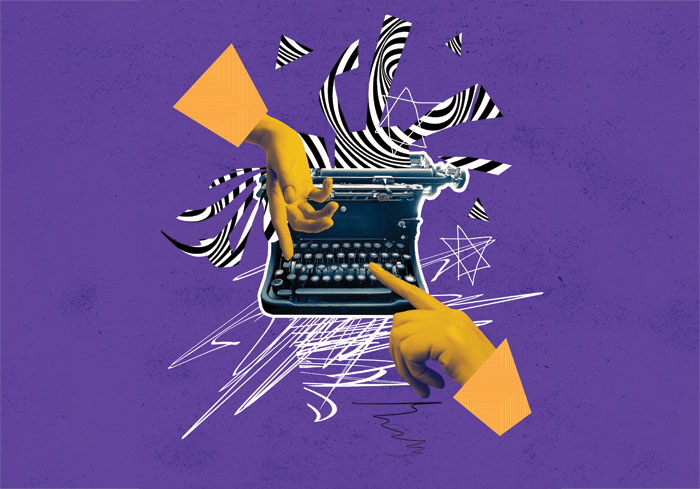
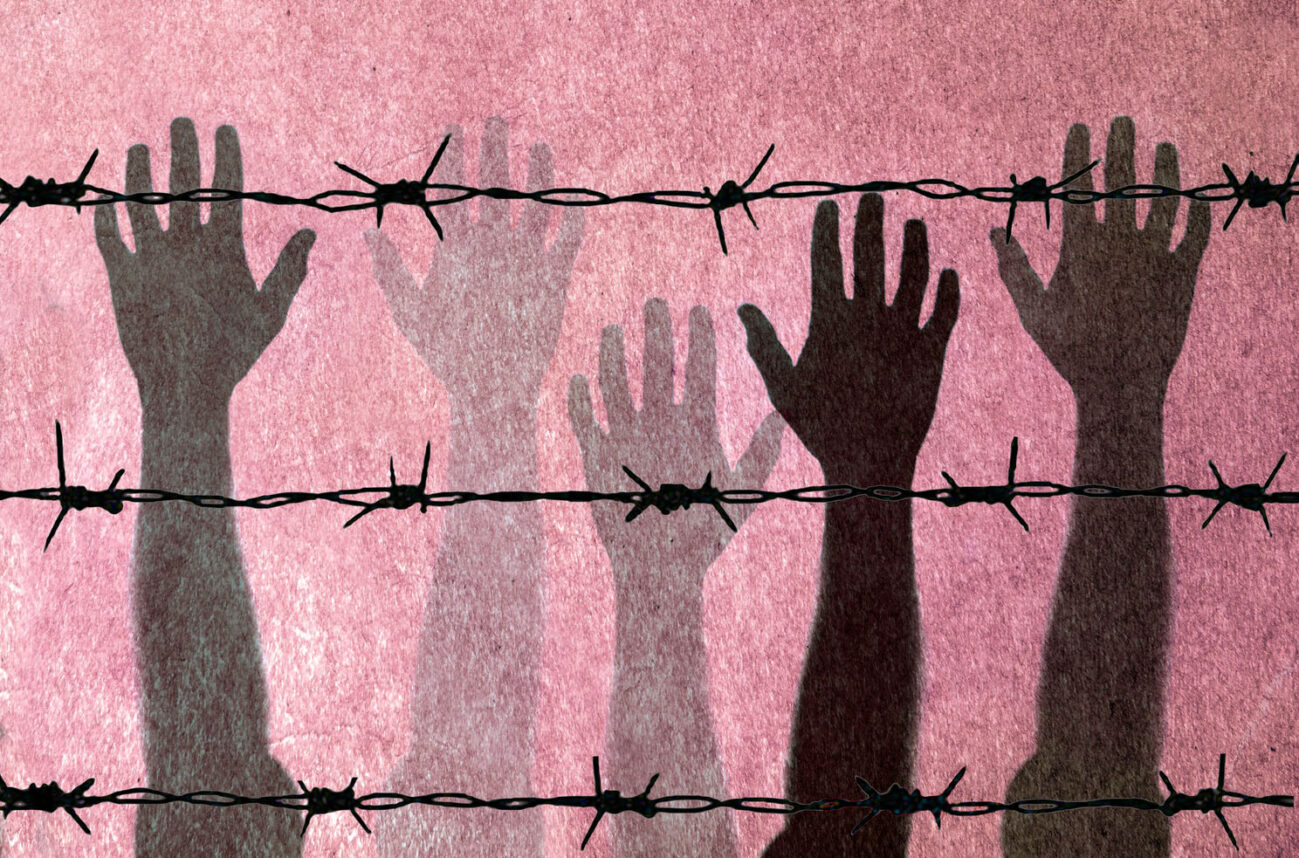


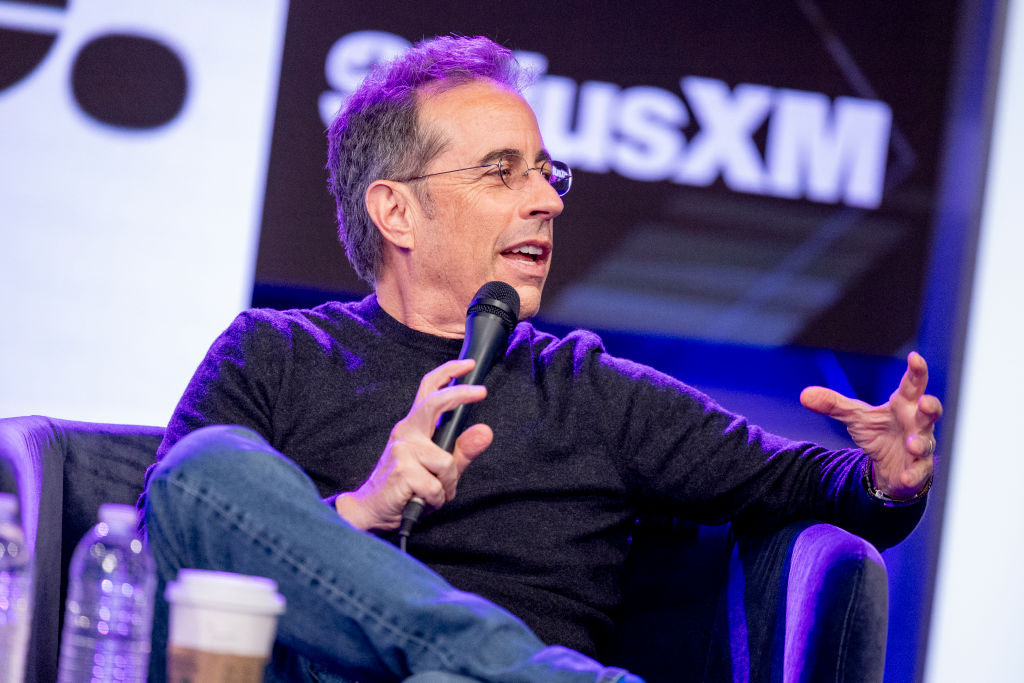


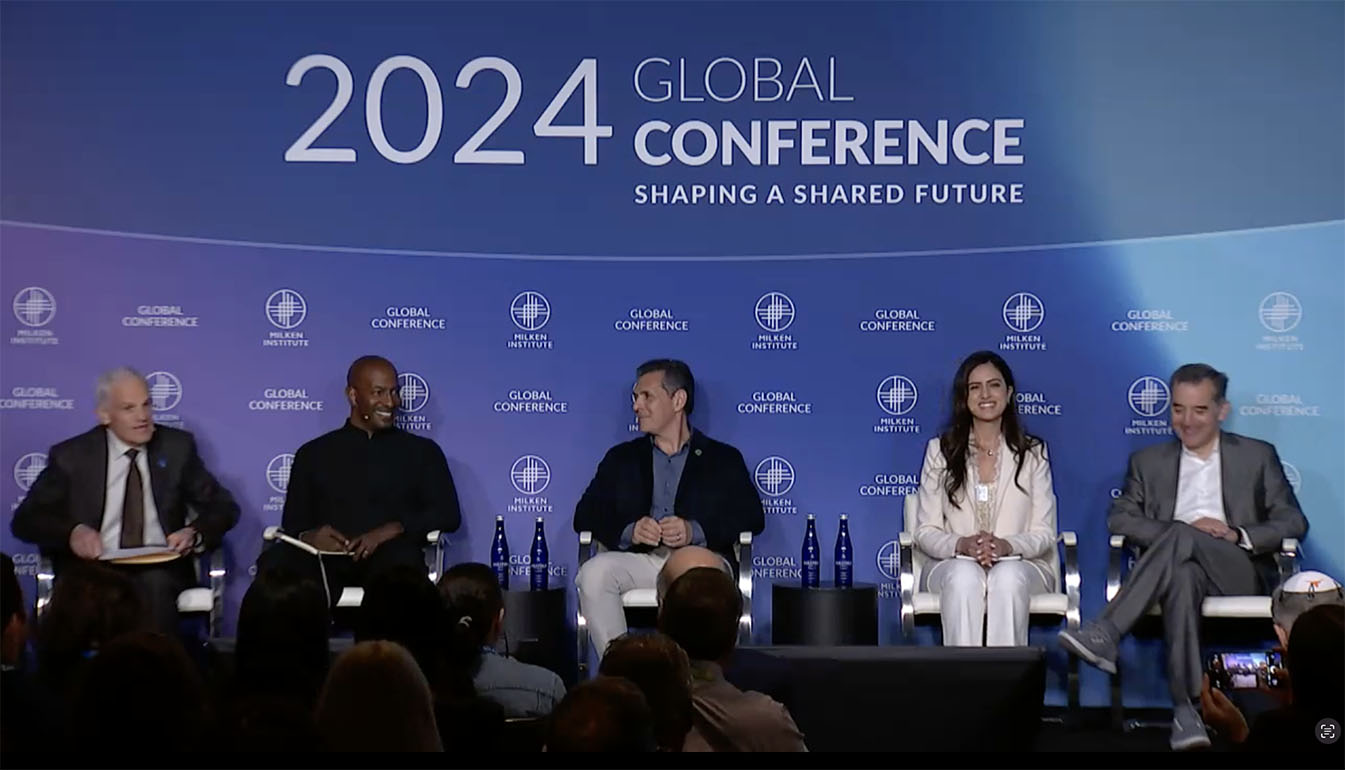
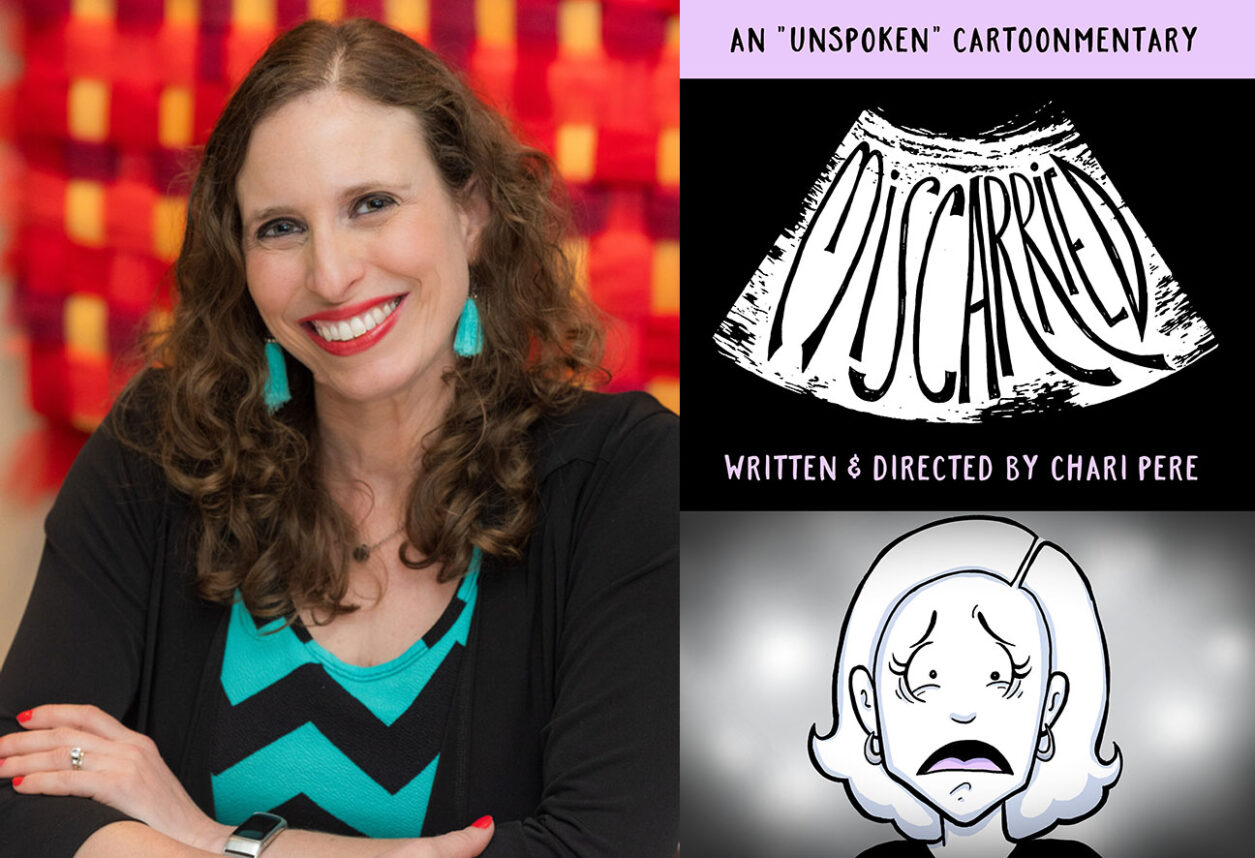







 More news and opinions than at a Shabbat dinner, right in your inbox.
More news and opinions than at a Shabbat dinner, right in your inbox.